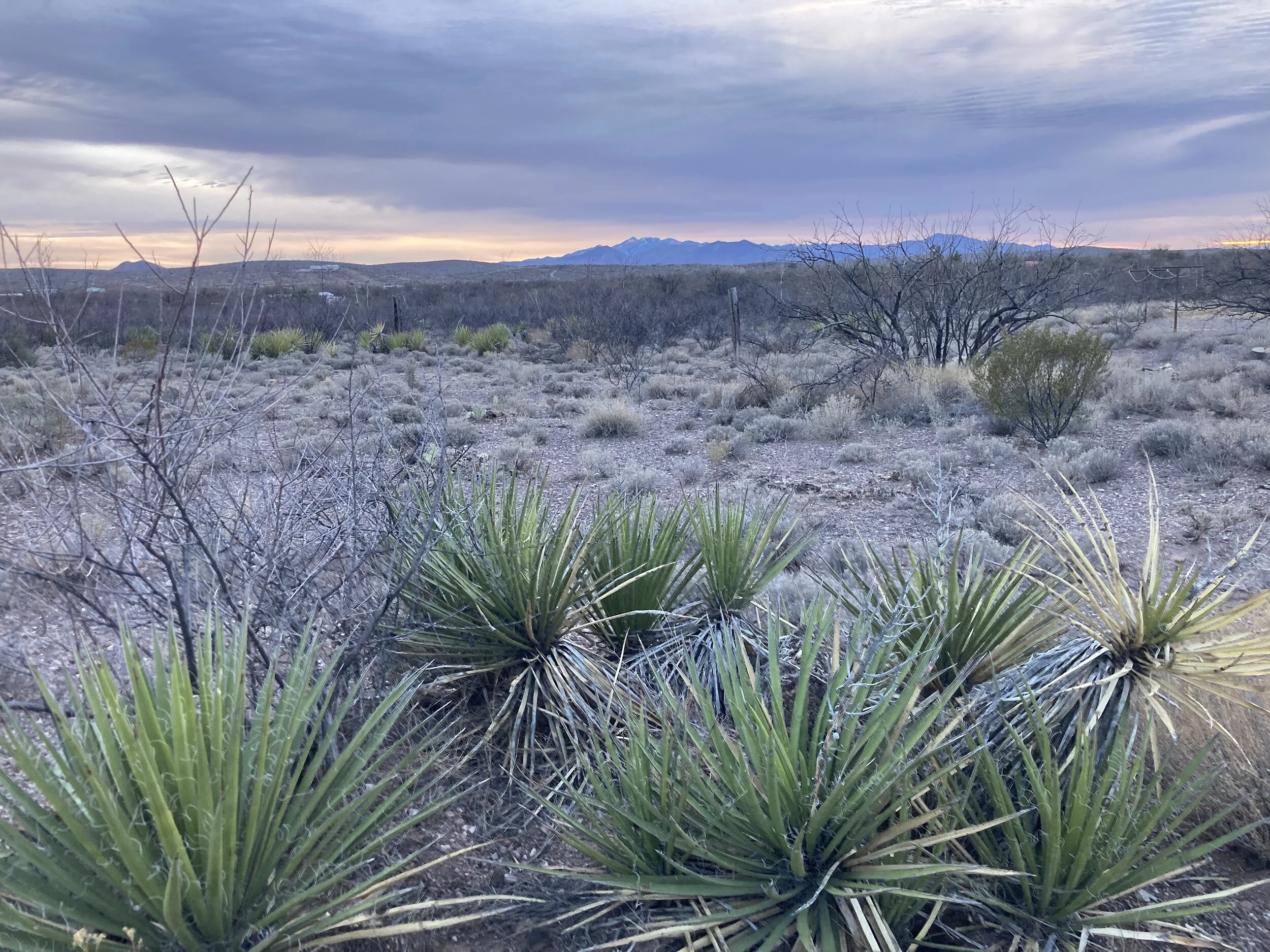The Truth in Our Voices
Lately I've gotten into the habit of recording my dreams as audio files on my phone when I wake up. Dreams are hard to put into words. The physical effort of lifting a pen to translate them into sentences is tedious and always lacks nuance. It's never a practice I could sustain.
One day I was watching the second season of The OA, and there's a scene where they find a massive collection of audio dream recordings. Since then I've been recording about one per week on average. I find that there's a much more direct, 1-1 transfer of my dream memories with the cadence, intonation, pacing and emotional quality of my voice. Where I mumble. muffle and pause, my actual dreamscape got fuzzy, too.
I neither love nor hate the sound of my voice. To me that's like having an opinion about the appearance of my knees. Hard neutral. Do they bend? Fine. They serve a purpose higher than their looks. But occasionally, the world offers feedback. Past romantic interests have attested to the soothing nature of my voice. (Although I understand that to be an excuse for having fallen asleep during the course of our conversations requiring their emotional engagement. 👀)
Otherwise the only other feedback I've had is from teaching yoga. When I started early on students would sometimes express that they couldn't hear me, which — come to think — isn't really a comment on my voice but on the lack of it. But it was helpful nonetheless to know that I needed to speak up if I wanted to be heard. And that's really what we mean when we talk about having a "voice" isn't it? Because a voice doesn't really exist without an audience.
I suppose we could have felt the human voice renaissance period approaching back when this article came out, reminding us of the magic of voicemails. Or remember when Serial debuted, and everyone was like "Hm, what's a podcast?" These days, I would likely perish if not for the company of my podcast rotation on my daily walk to nowhere.
It took seven years to pass before an audio chat social media platform in the form of Clubhouse would make the scene amid a pandemic that left people bereft not only of human touch, but of the intimacy of the human voice. And I don't mean hearing it on Facetime or Zoom — but at the bar after work, at the coffee shop, around the office fridge, in school hallways, on our bus commute. The novelty of a stranger's voice, a voice you had just heard for the first time, has been limited lately. But now...we have this app.
Upon invitation from my friend Sarah, I gave it a whirl. I opened it a little sheepishly and slid into a room that said something about business with little idea of what to expect. As I entered, I conjured the familiar image of being at a conference in olden-times. The unpleasant feeling of walking into a hall built for 200 people only to realize I'd creaked open the door to about 20 butts in seats, half of them now turning from the stage to look back at me, as I averted my eyes to my phone as a buffer.
But with Clubhouse, you don't have to deal with the nakedness of being seen as an ear to someone's voice — you can simply "leave quietly ✌️" if the mood doesn't strike.
When I arrived, a woman was speaking. She seemed to have a great command of the topic and the flow of her delivery was strong (despite my lacking any context to the conversation). She was speaking about finding your passion and had come to a line about happiness, when someone let a man from the audience have a mic, and this man started to interrogate her: "But what does that even mean...happiness?" He went on asking what were clearly rhetorical questions meant to antagonize and disarm her. We all know the difference between legitimate, curious questions and those meant to embarrass or cause disruption. This is where tone is important. Rather than get defensive, she asked him to finish his thought. She paused and listened. He bumbled, seeming unsure of himself, the tension of this encounter hanging thick as oil in the air. It was clear this intruder wanted to hear the sound of his voice, but was taken aback when someone might actually listen to it. At times, being heard is more vulnerable than speaking.
Finally, about five agonizing seconds too late, a moderator pulled the plug on his speaking privileges and apologized for the trolling. The woman veered the conversation seamlessly back, almost as though this interruption had never occurred. I wish I could remember more details about this small encounter, like speaker names or the room name, but I was so lost and overwhelmed by the newness of the platform that I didn't take note.
I had known it could be like this on Clubhouse: a cacophony; a place for both fascinating conversations and also trolls, just like any other corner of the Internet. Little did I know that we might also find gentle reminders of grace in these interactions, even the messy or uncomfortable ones. I'm struck less by novelty and more by universality. I remember my first years teaching yoga, quiet, timid and unsure of my abilities. We are at times both desperate for a chance at holding the microphone, and also a little terrified of being heard when we do.
As if learning them for the first time, I'm starting to flip back and listen to my dream voice memos from a few months ago. It's curious what was recounted then that now makes such perfect sense. I'm the only audience for the dreamscapes, and with each listen, I get a little closer to the truth.

